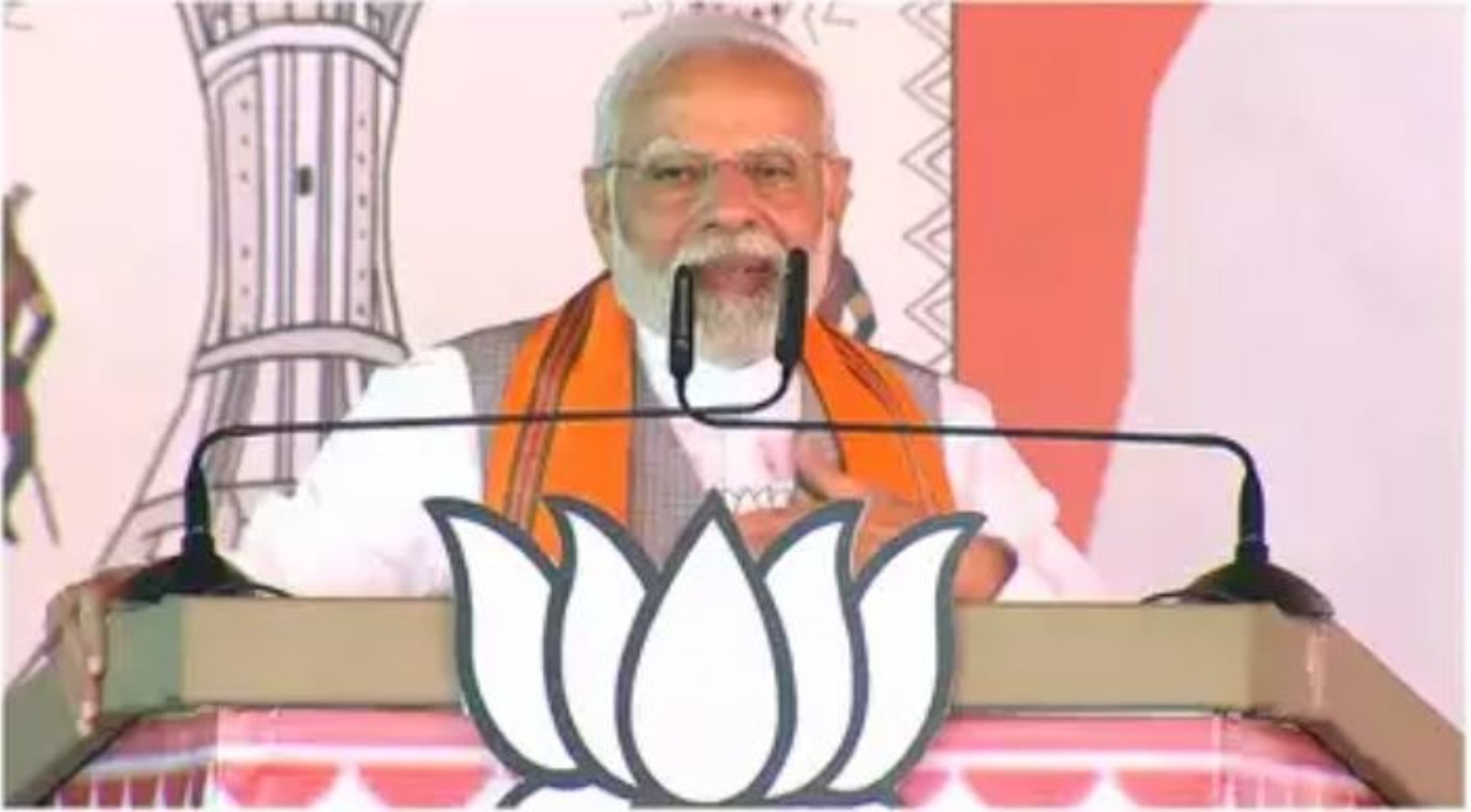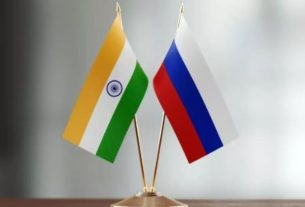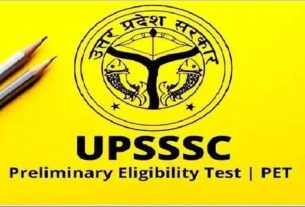Devanjana Mukherjee, Khabri Media
When families are not struggling to meet their basic food requirements, they can invest in their future and contribute to the nation’s economic growth.
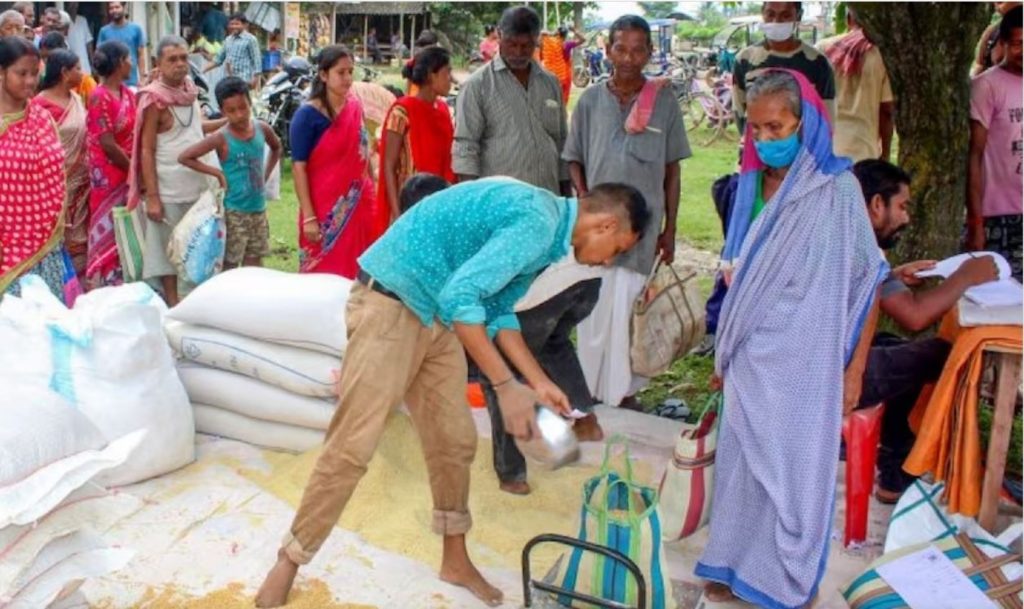
Pic: Social Media
In a significant announcement, Indian Prime Minister Narendra Modi has declared that the Central Government will extend the free ration scheme for the next five years. This initiative, which was launched in the wake of the COVID-19 pandemic, has been a lifeline for millions of vulnerable and marginalized citizens across the country. To subscribe please click tau.id/2iy6f and access our live channel.
The extension of the scheme underscores the government’s commitment to addressing food security concerns and ensuring that no one in India goes to bed hungry. The program provides 5 kg of free food grains and 1 kg of pulses per month to eligible beneficiaries.
READ: Onions’ buffer stock at Rs. 25 per kg
BJP-led centre’s decision to extend free ration scheme for 80 crore poor for next five years comes as a welcoming progress. PM Narendra Modi made the announcement at a rally in Chhattisgarh. According to government officials, this move will incur an expenditure of approximately Rs 2 lakh crore.
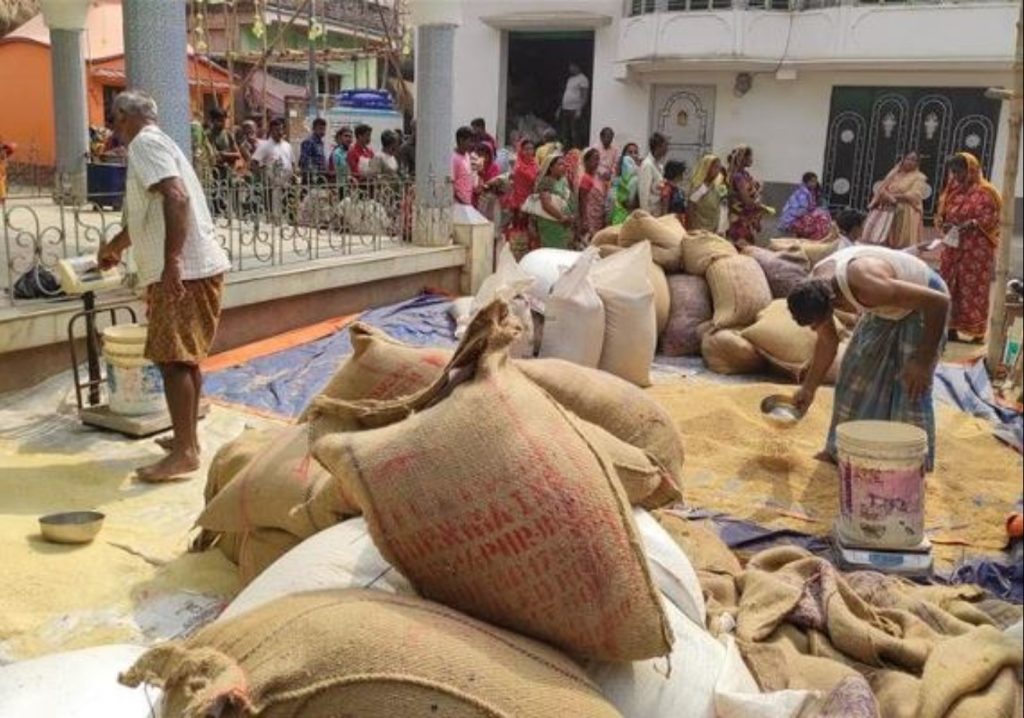
Pic: Social Media
The extension of the free ration scheme is a significant step toward achieving the United Nations Sustainable Development Goal (SDG) 2, which seeks to end hunger, achieve food security and improved nutrition, and promote sustainable agriculture. By ensuring that basic food needs are met for vulnerable populations, India is taking concrete steps to eradicate extreme poverty and hunger.
One of the key benefits of this program is its universality. Unlike many other social welfare schemes in India, the free ration scheme does not discriminate based on caste, creed, religion, or geography. It aims to provide essential food items to all those who need it, making it a truly inclusive and equitable program.
Presently, beneficiaries of the NFSA Act pay a nominal fee of Rs 1-3 per kilogram for food grain. As per the Act, 5 kilograms of foodgrain is allocated per person each month for priority households, and 35 kilograms per family each month for Antodaya Anna Yojna (AAY) families, with highly subsidized prices of Re 1, Rs 2, and Rs 3 per kilogram for coarse cereals, wheat, and rice, respectively.
The free ration scheme also has broader economic implications. By providing free food grains and pulses, the government helps reduce the financial burden on vulnerable households. It will also provide stability to the agriculture sector. By procuring food grains from farmers and distributing them to beneficiaries, the government ensures a fair price for the produce.
The NFSA is presently in operation in all 36 states and Union Territories, covering roughly 81.35 crore individuals. They has allocated an aggregate of nearly 1,118 lakh tonnes of foodgrains to the states and Union Territories. The overall sanctioned budget for food subsidies and central assistance for all phases, from I to VII, amounts to about Rs 3.91 lakh crore.

